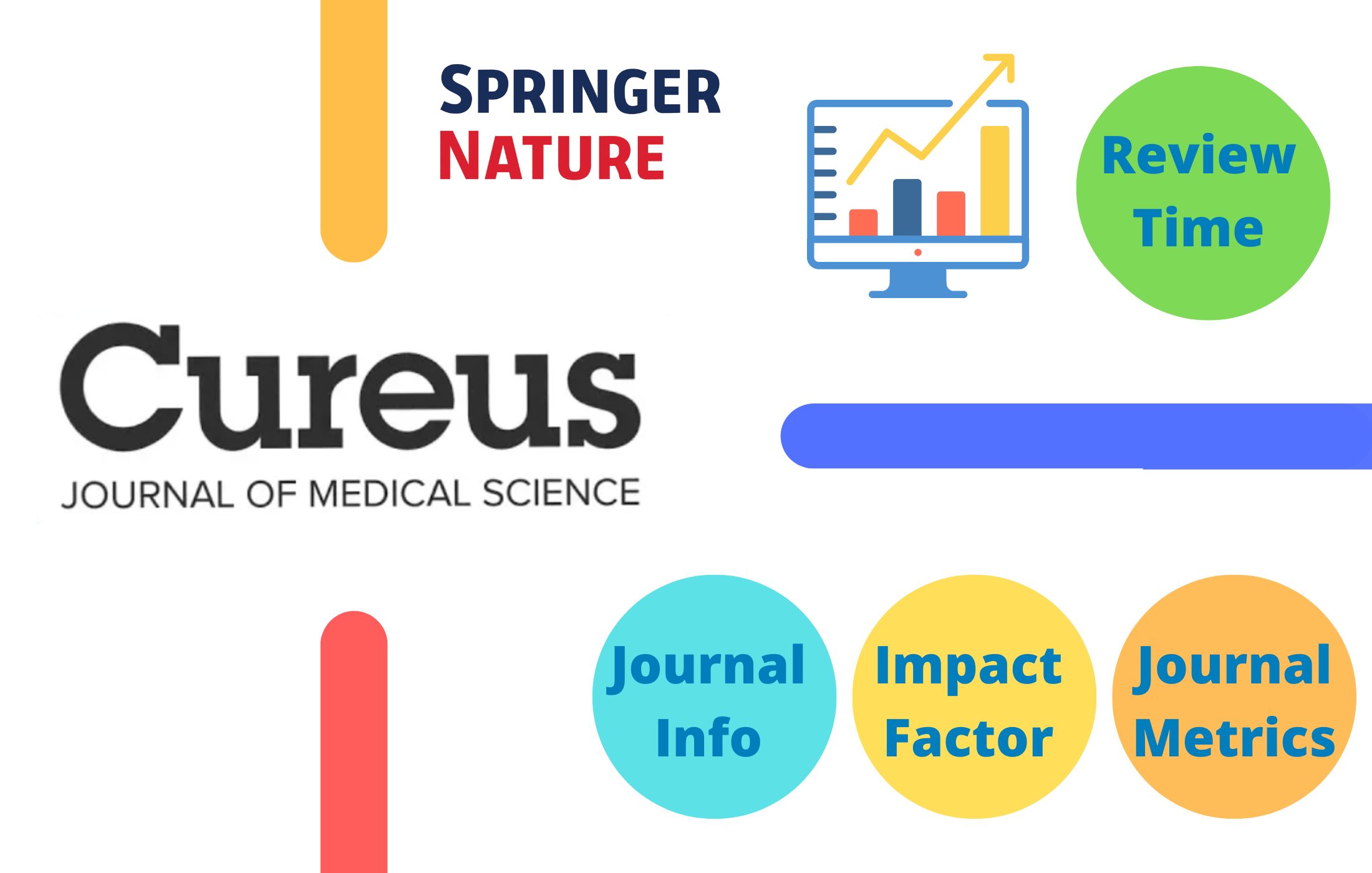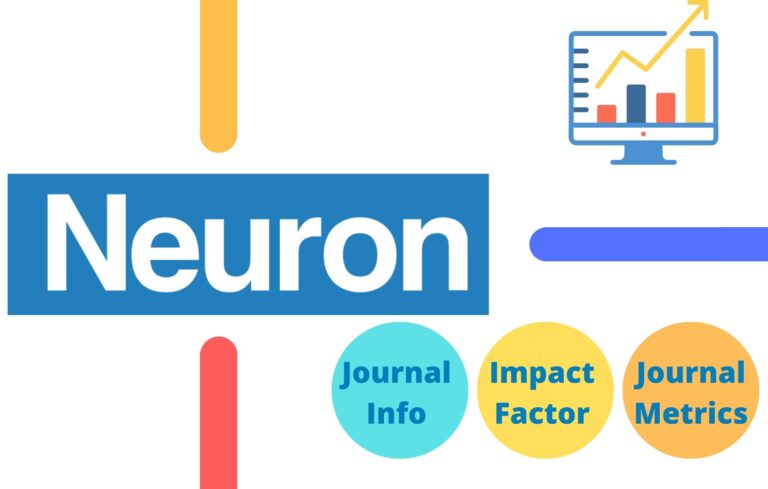Cureus is an open-access, peer-reviewed medical journal that provides a platform for the publication of original research, review articles, and case reports in all areas of medicine.
It was launched in 2011 and is headquartered in San Francisco, California. Cureus aims to provide a high-quality, accessible, and fast-paced publication experience for authors and readers alike, with a focus on simplicity and transparency.
The journal operates on a model of open peer review, where authors can choose to have their reviews and revisions made public.
Cureus does not consider impact factor to be a reliable or useful metric of individual article importance. Cureus is a signer of DORA – the San Francisco Declaration on Research Assessment – and does not promote the use of journal impact factors.
About The Cureus Journal
The Cureus is a weekly peer-reviewed general medical journal and one of the oldest of its kind. It is also the world’s highest-impact academic journal. It was founded in England in 1823
Impact Factor of The Cureus
Impact Factor (IF), often called journal impact factor (JIF), is an index provided by an analytics company named Clarivate. The impact factor is calculated by dividing the number of times the articles are cited in the last two years by the total number of publications in those two years.
For example,
- Total Citations in 2020 and 2021 = 5000
- Total Number of Publications in 2020 and 2021 = 500
- Impact Factor of the Journal in 2022 = 500/100 = 10
Latest Impact Factor (2017-2023)
- Cureus Impact Factor 2017 – NA
- Cureus Impact Factor 2018 – NA
- Cureus Impact Factor 2019 – NA
- Cureus Impact Factor 2020 – NA
- Cureus Impact Factor 2021 – NA
- Cureus Impact Factor 2022 – NA (Updated in June 2023)
Cureus Impact Factor 2022
H-index
The h index is a metric for evaluating the cumulative impact of an author’s scholarly output and performance; measures quantity with quality by comparing publications to citations.

The h index of Cureus Journal is NA, which means among all the published articles in this journal, NA of these publications have received at least NA citations each.
Journal Metrics
The Cureus CiteScore
CiteScore (CS) of an academic journal reflects the yearly average number of citations to recent articles published in that journal.
The Cureus SCImago Rank
The SCImago Journal Rank (SJR) indicator is a measure of the scientific influence of scholarly journals that accounts for both the number of citations received by a journal and the importance or prestige of the journals where the citations come from.
| Year | SCImago Journal Rank (SJR) |
|---|---|
| 2018 | NA |
| 2019 | NA |
| 2020 | NA |
| 2021 | NA |
Cureus Wall of Shame
Cureus adheres to COPE’s Core Practices and fiercely condemns all forms of academic dishonesty and scientific misconduct, including plagiarism, data falsification, and peer review fraud.
Allegations of scientific misconduct are thoroughly investigated and are published here.
Cureus Publication Fee
Cureus offers Free Publication. In order to remain eligible for free publication, articles cannot contain more than the following number of authors or references. Exceeding either total will disqualify the article from free publication regardless of how many errors are found during our preliminary review.
- Original articles: 10 authors and 30 references
- Case reports and technical reports: 5 authors and 20 references
- Editorials: 5 authors and 5 references
Cureus Review Time
All original research articles published in the Cureus journals have undergone independent, external peer review, including statistical review. A research article is usually peer-reviewed by three clinical or subject-based experts and a statistical reviewer.
| The initial decision to review | 3-5 days after submission |
| Submission to Publication | 37 Days |
Cureus Reference Style
Articles are limited to the following number of references in order to remain eligible for free publication. Exceeding the below limits will disqualify your article from free publication regardless of how many errors are found during our preliminary review. All review articles require the purchase of Preferred Editing regardless of reference total.
- Original Articles 30 References
- Technical Reports 20 References
- Case Reports 20 References
- Editorials 5 References
Bibliography
Cureus follows the below referencing format
Article within a journal
Yang SH, Du Y, Li XL, et al.: Triglyceride to high-density lipoprotein cholesterol ratio and cardiovascular events in diabetics with coronary artery disease. Am J Med Sci. 2017, 354:117-24.10.1016/j.amjms.2017.03.032
Website
FDA: Beware of ‘black henna’ tattoos. (2013). Accessed: September 24, 2020: https://www.washingtonpost.com/news/arts-and-entertainment/wp/2013/03/26/fda-beware-of-black-henna-tattoos/
Video within a journal
Lavezzo MM, Sakata VM, Morita C, et al.: Vogt-Koyanagi-Harada disease: review of a rare autoimmune disease targeting antigens of melanocytes. Orphanet J Rare Dis. 2016, 11:29.https://pubmed.ncbi.nlm.nih.gov/27008848/.
Whole issue of journal
The Patient Protection and Affordable Care Act in Statute. 2010, 124:119-1024.
Complete book
Bailey LH, Bailey EZ: Hortus Third: A Concise Dictionary of Plants Cultivated in the United States and Canada. Macmillan, New York; 1976.
Book chapter or article within a book
Gogia S: Rationale, history, and basics of telehealth. Fundamentals of Telemedicine and Telehealth. Gogia S (ed): Elsevier B.V., Amsterdam, Netherlands; 2019. 11-34.10.1016/C2017-0-01090-X
Book with institutional author
Seffinger MA: Foundations of Osteopathic Medicine. Philosophy, Science, Clinical Applications and Research. Wolters Kluwer, Philadelphia, PA; 2018.
Cureus Endnote Style
You can download the Cureus Endnote Style and Cureus Zotero Style
Cureus Abbreviation
The ISO4 standard abbreviation for abstracting, indexing, and referencing purposes of Cureus is “Cureus“
Cureus Acceptance Rate
The acceptance rate of a journal is the ratio of the number of articles submitted to the number of articles published. The accepted rate for articles in Cureus Journal is 51%.
Abstract and Indexing
The Cureus is indexed in
- PMC
- PubMed
- Google Schlar
- Web of Science
Read More
- Top 100 Highest-Impact Factor Journals
- Complete Journal Impact Factor List 2022 – PDF, EXCEL
- List of Scopus Index Journal
Cureus Impact Factor 2021, Cureus Impact Factor 2022, Cureus Review Time, Cureus Acceptance Rate, Cureus Abbreviation, Cureus Publication Fee









